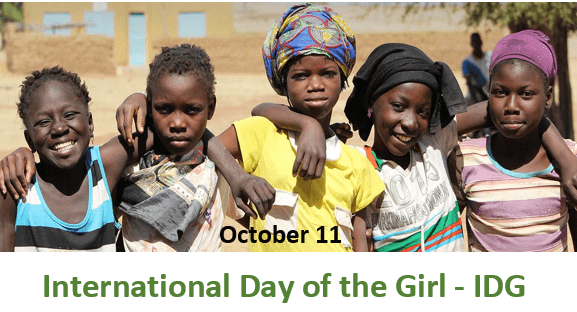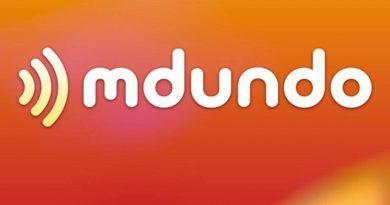Nigeria to vaccinate 7.7 million girls against cause of cervical cancer
Cervical cancer ranks second in Nigeria among women between the ages of 15 and 44 for cancer-related deaths, making it the third most common cancer overall. The most recent year for which data are available, 2020, saw 12,000 new cases of cervical cancer and 8,000 fatal cases nationwide.
Girls between the ages of nine and fourteen will receive a single dose of the vaccine as part of the new immunization routine. The vaccine is highly efficient at avoiding infection with HPV strains, which are known to be responsible for at least 70% of cervical cancer cases.
Muhammad Ali Pate, the Coordinating Minister of Health and Social Welfare, declared, “It is totally unacceptable that approximately 8,000 Nigerian women die each year from a disease that is preventable.”
“As a parent, I have four daughters, and to prevent cervical cancer, everyone of them had the same HPV vaccination. I want to beg other parents to do their duty and make sure that this generation of girls doesn’t experience unnecessary deaths from cervical cancer in addition to other unimaginable suffering.
Campaign of vaccinations
During the launch, a five-day mass vaccination campaign in communities and schools will be conducted in 16 states as well as the Federal Capital Territory. Following this, the immunizations will be regularly scheduled in health institutions.
To guarantee that no eligible girl is left behind, more than 35,000 health workers have received training in advance of the campaign and the subsequent vaccination delivery. In order to guarantee that more isolated areas may still receive the vaccine, mobile immunization units have also been established.
The WHO Representative in Nigeria, Dr. Walter Kazadi Mulombo, stated, “This is a pivotal moment in Nigeria’s efforts to lower the burden of cervical cancer – one of the few cancers which can potentially be eliminated through vaccination.”
“In order to safeguard the health and wellbeing of the next generation of women, we are dedicated to supporting the government’s increase in access to the HPV vaccine.” Twenty-one more states are scheduled to join the second phase of the vaccine introduction in May 2024.
“Devastation and deep loss”
“Every day, families throughout Nigeria suffer severe loss and destruction due to cervical cancer,” stated Thabani Maphosa, Gavi’s Managing Director of Country Programs Delivery.
“However, the sickness is one that can be avoided. With the HPV vaccine now freely available in Nigeria for eligible teenage girls, communities have access to the most potent weapon in the fight against cervical cancer, and the country as a whole stands to save millions of lives.
The World Health Organization (WHO), Gavi, the Vaccine Alliance, UNICEF, the Federal Ministry of Health, and other partners are helping to fund the free distribution of the vaccine through the National Primary Health Care Development Agency.
The World Health Organization advises that nations where cervical cancer is a public health concern, where HPV vaccine is affordable, and where its sustainable implementation is possible, should incorporate it into their national immunization programs. Nigeria has therefore made it a priority to include the vaccine in the regular immunization schedule.
Reducing scarcity
Gavi-sponsored vaccine introductions had previously been hampered by worldwide supply constraints, but these problems are starting to improve as a result of years of market-shaping initiatives to create a more robust HPV vaccine market and the WHO’s single dose recommendation.
Acknowledging this essential chance to reach more girls and speed up efforts to prevent cervical cancer, the Gavi board approved the HPV vaccine program’s revitalization by the end of 2025, investing over $600 million.
In an attempt to prevent over 1.4 million cervical cancer-related deaths worldwide, Gavi and its partners have set a lofty target of reaching over 86 million girls by 2025 with the new money. Gavi is contributing to the cost of the vaccines and provide technical assistance for their introduction in order to support these initiatives.
“Life-saving assistance”
In the meantime, UNICEF has purchased about 15 million HPV vaccinations on behalf of the Nigerian government and created educational materials, such as TV and radio jingles in several regional languages, to assist debunk myths about HPV vaccinations.




